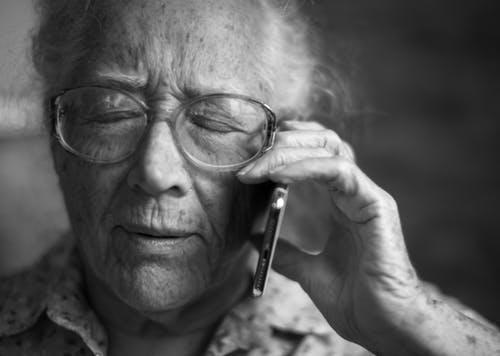by Joe Casciani
Ring the bell that still can ringForget your perfect offeringThere is a crack, A crack in everythingThat’s how the light gets inThat’s how the light gets inThat’s how the light gets in. LEONARD COHEN, Anthem
The COVID-19 pandemic has had a devastating impact on the world as we know it, on mortality and hospitalizations, businesses, medical supply chains, personal and social gatherings, finance and investments, education, travel and recreation, and countless other systems and institutions. It is changing our sense of security and vulnerability. And, it has exposed inequities and sharp political differences. How it will change our global society is what we do not know, but it is an interesting question to see what this pandemic has exposed about the human condition.
There’s a crack in everything, says the songwriter Leonard Cohen; that’s how the light gets in. So, what are the cracks that the light from COVID is exposing for all to see. If I were the virus, what have I uncovered? What would I see that had been unknown, unacknowledged, denied, or hidden? Here are a few developments that we can see better today:
* How sick, frail, and vulnerable a significant percentage of older adults is, especially those in long term care settings. This group has been hit especially hard by the virus, with more than one out of three deaths in the U.S. occurring in nursing homes.
* How some people can be immune to the ravaging effects of this virus, while other seemingly healthy people become infected, and sometimes die.
* How health care workers, at all level of training and status, are willing to put their own lives at risk to care for others.
* How teachers conduct themselves professionally and selflessly throughout the year to teach their students.
* How businesses struggle to care for their employees and are willing to borrow money from the government and other lenders to sustain the salaries of furloughed employees until things start improving.
* How far businesses will go before requiring employees to return to work.
* How some people are natural risk takers and other people are naturally risk-averse, for reasons unrelated to medical vulnerability or health status.
* How companies – restaurants, gyms, salons, casinos, bars – will say they are doing everything they can to ensure employees’ safety and thereby expose the question, Is doing all they can enough?
* How civil rights will clash between those allowed to carry guns in public and those who are fearful or intimidated by these gun-carrying citizens.
* How much value we place on the recommendations of public health experts, even with unpleasant and often dire warnings.
* How public and private hospitals will struggle financially after being inundated with emergency cases, many of those admitted with no health insurance.
* How municipalities, cities, and states will struggle to survive after facing serious losses of tax revenue from business closings, coupled with unbridled expenses for public services.
* How ethnic groups, i.e., people of color, are more prone to chronic disease.
* How clashes between public safety and economic viability play out, as if one is more important than the other.
* How vulnerable populations – those in prisons and detention centers, and now many residents of countries overwhelmed with positive cases but without adequate medical services – may be considered dispensable.
* How necessary are offices and communal workplaces for many businesses, when working from home may prove to be a very cost-effective alternative?
* How much ambiguity and uncertainty can the human condition endure before anxiety becomes disabling.
* How do we recommend social distancing when residents are forced to relocate from their homes when dams collapse, or cyclones hit massive population centers?
* How effective are emergency planning systems?
* How necessary are schools – can students learn from home, and can they mature without experiencing the socialization and interaction with peers that comes only from being in real classrooms, not virtual classrooms?
* And what can I as a deadly virus expose about the human condition that highlights the need for inter-dependence, on a global level?
Cracks are good. When the light gets in, we can see our vulnerabilities and frailties, the conflicts between one set of freedoms vs. another set, and how we prioritize different value systems. Of course, we do not want to make too much of any single story or news event that got too much press and quickly died off. Just the same, we will assuredly learn much from this scourge about surviving humanely, civilly, and respectfully toward one another. And we will again be forced to remember how certain classes of citizens are as valuable and worthwhile as any other class.
For anyone interested in listening to a recording of the Leonard Cohen song, here is a YouTube link.

